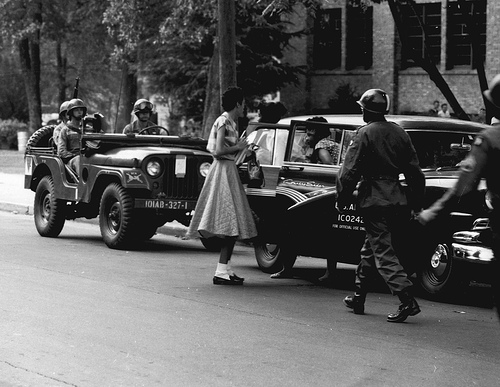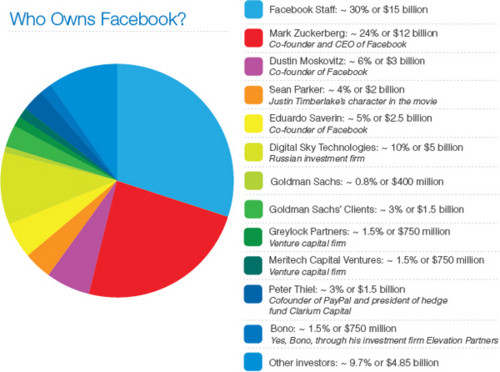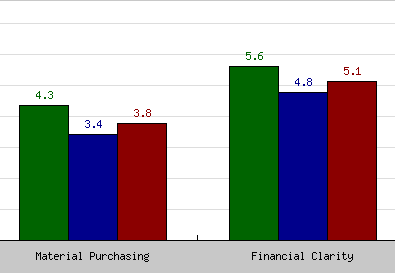
(photo credit: The U.S. Army)
The Wake County school system has led the nation in fighting educational inequality for forty years. But a series of challenges have forced leaders to be creative when it comes to integration that pleases parents.
- The system’s race-based attempt at integration was deemed unconstitutional in 2001, so it switched to school assignment based on socioeconomic status (wealth and income). But keeping schools balanced between high- and low-income families meant students were frequently bumped from school to school.
- In 2009, a new conservative school board decided that students should be sent to the schools closest to their homes, ensuring that the racial and economic barriers in the broader community would be repeated at school. The decision sparked outrage throughout the country.
- As a compromise (and a nod to the results-oriented business community), a new proposal suggests that students be permanently assigned to schools based on achievement. That way, no student is forced into a low-achieving school simply because of their race, class, or location, and school shuffling will be kept to a minimum.
Facts & Figures
- Under the current integration plan, each school has 40% of students qualifying for free lunch and 60% who do not qualify
- Under the new proposal, each school would have 70% of students at grade level or higher, and 30% performing below their grade level
Best Quote
“What’s the use of living in a gated community if my kids go to school and get poor all over them?” – Stephen Colbert, Fake News Reporter
What do you think?
How will students be labeled as high or low-achieving? And what happens if a low-achieving first-grader becomes a highly successful third grader?
Get to it!
Does educational inequality get you riled up? Make a statement.

